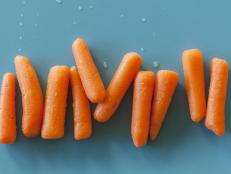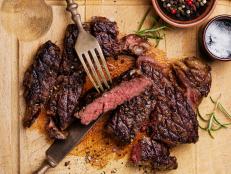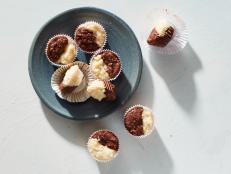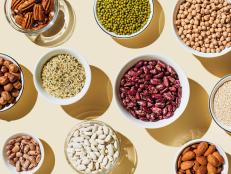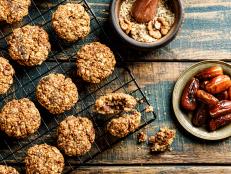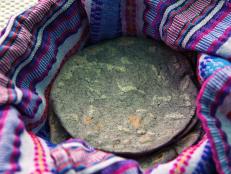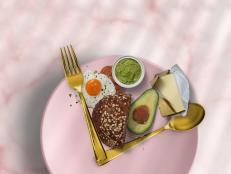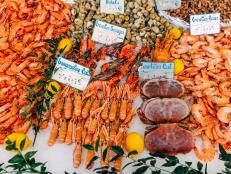Nutrition 101 for Parents and Kids
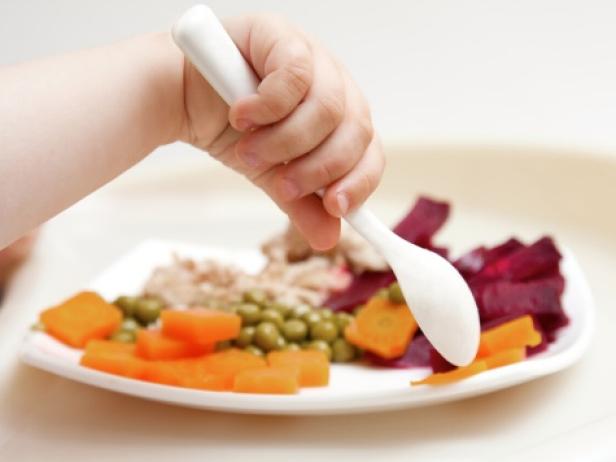
Why Kids Who Eat Breakfast Whine Less
Confused about how to feed your kids? Between the news, blogs and social media, it’s easy to feel overwhelmed with all the different messages. Your best bet at deciphering what’s factual and what’s not is to learn the nutrition basics. Once you understand each macronutrient’s role in the body, you’ll be able to make informed decisions about what, as well as when, you should feed your children. Making even simple menu adjustments can lead to kids who feel calmer, sleep better, wake up easier, weigh less, have tantrums less and study more!
What are the three macronutrients?
Macronutrients are required by the body in large amounts on a daily basis. They include carbohydrates, proteins and fats. A balanced meal typically includes a combination of all three.
1) CARBOHYDRATES provide fuel for the body and brain. It’s crucial to eat the right kind at the right time. A meal of only simple carbohydrates (carbs) such as white bread, white pasta, fruit and sweets (the typical kiddie diet) will break down in the body very quickly once digested. This can lead to a spike in blood sugar that will suddenly drop. Complex carbs, however, take longer to digest. Therefore, it’s best to eat simple carbs along with complex carbs, protein and/or a quality fat that will slow digestion and balance blood sugar. Stick to whole food carbohydrates that are packed with nutrients, such as sliced apples instead of apple juice, oatmeal instead of sugary cereals and roasted potatoes instead of potato chips. And remember to serve fruit after they’ve eaten the rest of their meal so that they don’t fill up on just simple carbs.
SOURCES:
Complex Carbohydrates: most vegetables, whole grains, whole grain products, milk (because it contains natural sugars)
Simple Carbohydrates: foods with naturally occurring sugars such as honey, fruit and some vegetables, as well as processed, sugary products like candy bars
2) PROTEIN repairs tissues and is an important building block for muscle, skin, blood and cells. It’s important to eat protein in the morning because it balances blood sugar, which affects our physical health, moods and behavior. Since children are still growing, it’s crucial for them to start the day with a protein-dense breakfast and then eat structured snacks and meals with small amounts of protein throughout the day.
SOURCES:
Animal Proteins: beef, turkey, pork, chicken, fish, eggs, dairy products
Vegetarian & Dairy-Free Proteins: beans, nuts, seeds, nut butters, soy (tofu, tempeh, edamame)
3) FATS are a major source of energy, protect our organs and help us feel satisfied for many hours. Fats have gotten a bad rap; however, high-quality fats from reputable sources can actually prevent disease. Small amounts of fats from plants such as avocados, nuts and coconuts can be protective. Omega-3 fatty acids, found in some animals, also prevent disease and can be found in mackerel, sardines, wild salmon (farm-raised fish don’t contain them), flax seeds and walnuts.
SOURCES:
Monounsaturated Fats: olive oil, many nuts, avocados
Polyunsaturated Fats: fish, peanuts, sesame seeds, safflower, canola
Saturated Fats: butter, heavy cream, fatty meats, coconut, palm oil
Trans Fats: margarine/partially hydrogenated oils are harmful trans fats and should be avoided
Julie Negrin, M.S., is a nutritionist, writer, speaker and educator. She has been teaching adults and kids how to cook for 15 years. For more information on cooking with kids, visit Julie’s site at www.julienegrin.com, where you can also purchase her cookbook, Easy Meals to Cook with Kids. Follow on Twitter @julienegrin.

























